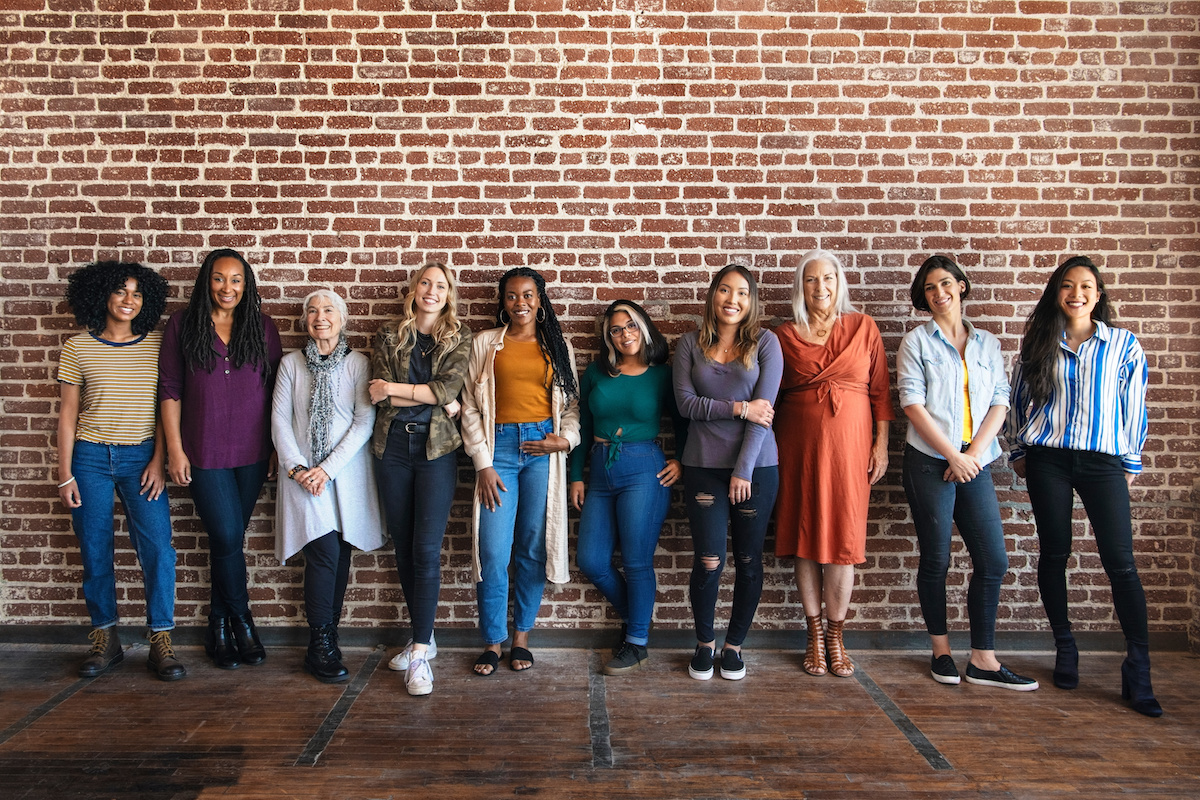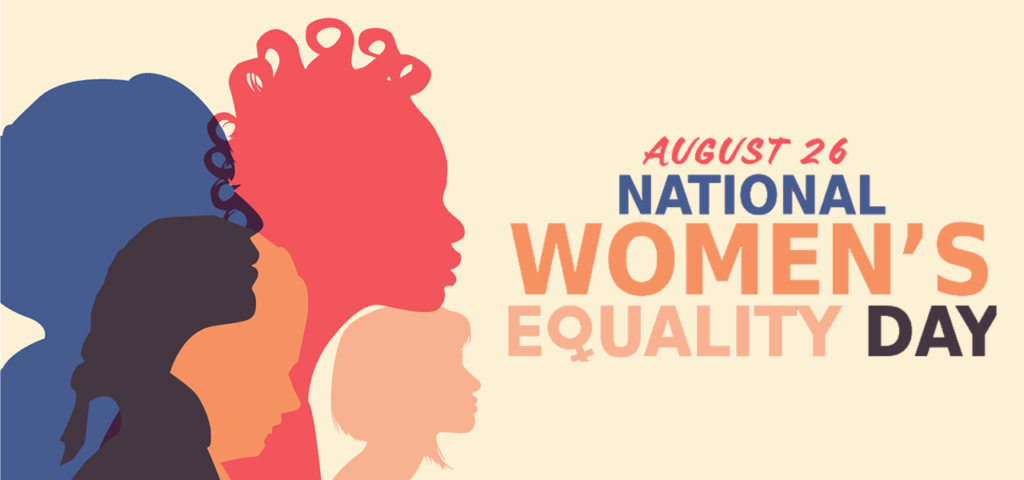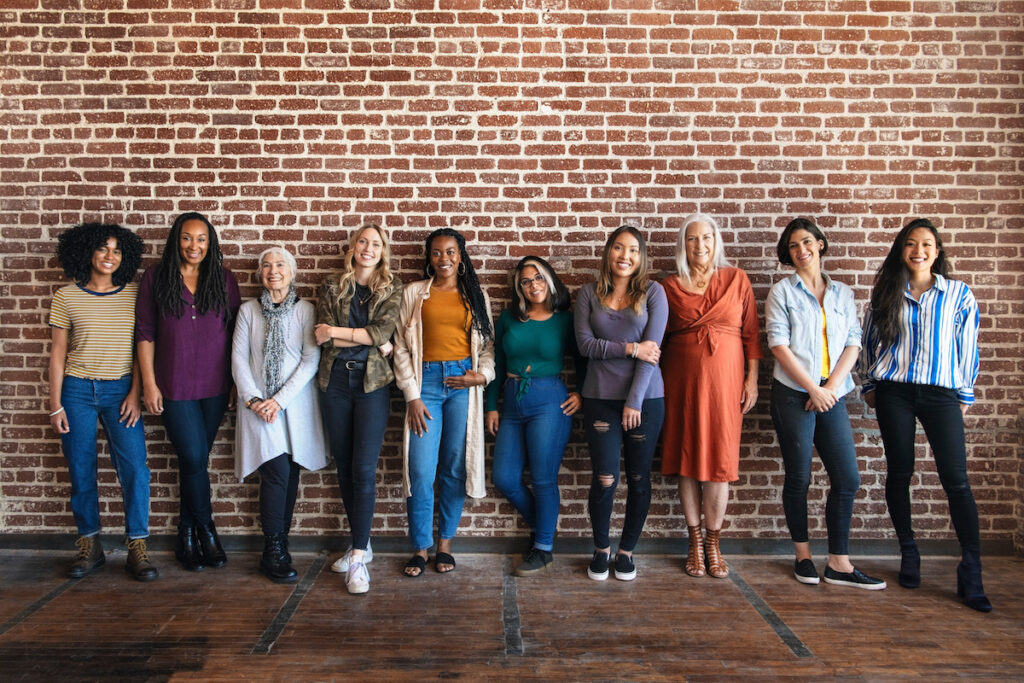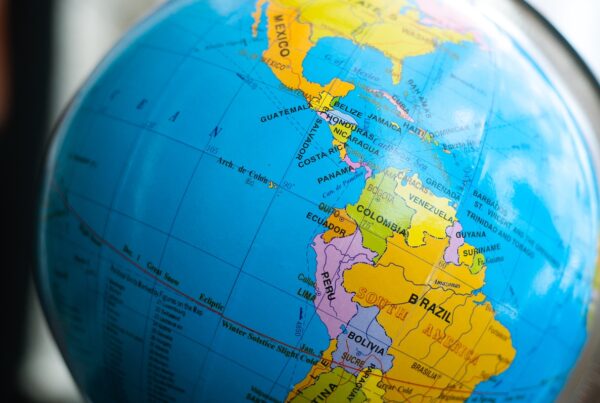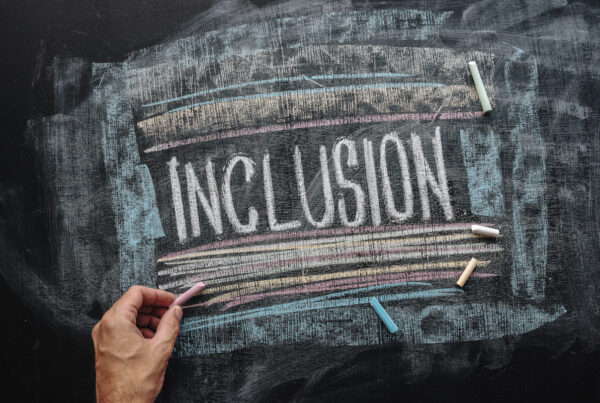Today marks the 89th anniversary of National Women’s Equality Day in the United States. It was first observed on August 26, 1929, when organizers held parades in New York City and Washington, D.C., to honor the 19th amendment and call attention to continuing gender discrimination and inequality. Almost 100 years later, we still have a long way to go to achieve full equality between women and men in America, but progress has been made on many fronts since the early days of the women’s rights movement.
The History of NWED
National Women’s Equality Day is celebrated annually on August 26 in the United States. The date commemorates the certification of the 19th amendment to the Constitution, which granted women the right to vote.
This amendment was a massive victory for women’s suffrage and helped pave the way for future progress towards gender equity.
Sadly, even after this momentous achievement, women still faced many obstacles in achieving equality. It wasn’t until nearly 50 years later that another major step was taken with the passage of the Equal Rights Amendment.
While this amendment didn’t ultimately become part of the Constitution, it did help raise awareness about gender inequality and galvanized support for further change.
Thankfully, we’ve made a lot of progress since then in advancing gender equity.
Why is NWED Important?
National Women’s Equality Day is an important day to reflect on how far we’ve come in advancing gender equity and how much further we still have to go. It’s a day to celebrate our progress toward gender equality and recommit ourselves to the work that still needs to be done.
The list of discriminatory practices against women and girls is long: from lower wages for women than men across all industries to the persistent violence against women (in both its personal and public forms), there are many areas where women continue to struggle. As a society, we must come together to change this reality by recognizing our shared responsibility for ending discrimination and oppression wherever it exists. To achieve true gender equity means working not just for half of humanity but for all of humanity.
What can you do on NWED?
NWED is a day to celebrate how far women have come and to recommit to the work that still needs to be done to achieve gender equity. Here are seven things you can do on NWED.
- Refuse to give up in the face of adversity.
- Become more aware of your own biases.
- Speak up when someone makes an offensive comment about women or other marginalized groups, whether in person or online.
- Support organizations working for equality such as Planned Parenthood, Laverne Cox’s #girlslikeus campaign, or Emily’s List by donating time or money or volunteering with them during their next event like Pink Out Wednesday on October 13. You can also show your support by purchasing items from these organizations’ stores!
- Educate yourself and others on some of the barriers faced by women today.
- Have conversations with others who may not agree with you so that they might learn something new.
- Use this day to remind yourself what you stand for and why fighting for gender equity matters to you!
The First Step to Take After Reading This Post
Reflect on your own privilege and think about ways that you can use your platform to elevate underrepresented voices. Take some time to learn about and celebrate the accomplishments of women of color, trans women, and other marginalized groups. Educate yourself and others about the struggles that women face every day and what you can do to help make things better. And finally, take action by supporting organizations working to advance gender equity.
We at PJC Want to Celebrate our Co-Founder Delia Visbal
Delia Visbal is one of the co-founders of our company, and she has been a huge champion for women’s rights and gender equality. National Women’s Equality Day is an important day to reflect on how far we’ve come as a society in terms of gender equity and to also think about how much further we still have to go.




